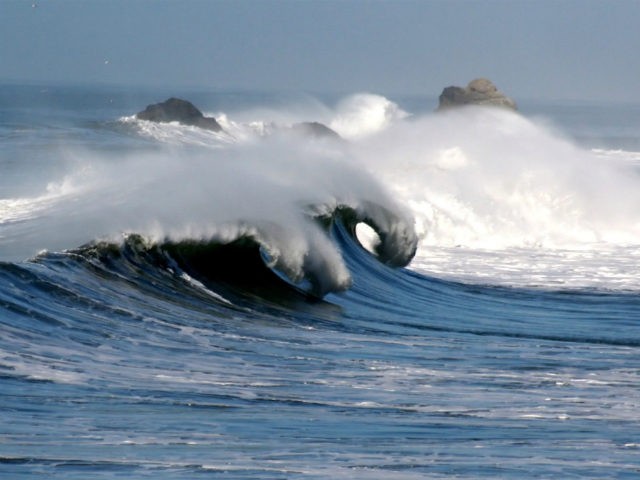A new research, published in AGU Advances has found that the world’s oceans are facing a “triple threat” of extreme heating, a loss of oxygen and acidification, with extreme conditions becoming far more intense in recent decades and placing enormous stress upon the planet’s panoply of marine life.
The study found that about a fifth of the world’s ocean surface is particularly vulnerable to the three threats hitting at once, spurred by human activity such as the burning of fossil fuels and deforestation.
It also found that In the top 300 meters of affected ocean, these compound events now last three times longer and are six times more intense than they were in the early 1960s.
The study’s lead author warned that the world’s oceans were already being pushed into an extreme new state because of the climate crisis. “The impacts of this have already been seen and felt,” said Joel Wong, a researcher at ETH Zurich, who cited the well-known example of the heat “blob” that has caused the die-off of marine life in the Pacific Ocean. “Intense extreme events like these are likely to happen again in the future and will disrupt marine ecosystems and fisheries around the world,” he added.
The research analyzed occurrences of extreme heat, deoxygenation and acidification and found that such extreme events can last for as long as 30 days, with the tropics and the north Pacific particularly affected by the compounding threats.
Read also: Report shows hot summer may increase utility costs in the US
Climate scientists have been alarmed by the relentless onward rise of heat in the ocean, which has hit extraordinary heights in recent months. “The heat has been literally off the charts, it’s been astonishing to see,” said Andrea Dutton, a geologist and climate scientist at the University of Wisconsin–Madison, who was not involved in the new research. “We can’t fully explain the temperatures we are seeing in the Atlantic, for example, which is part of the reason why hurricane season is such a concern this year. It’s quite frightening.”
But on top of the heat, which forces fish and other species to move, if they are able, to more suitable climes, the oceans are also paying another heavy price for soaking up huge volumes of heat and carbon dioxide from fossil fuel emissions that would otherwise further warm the atmosphere for people on land. The extra CO2 is making seawater more acidic, dissolving the shells of marine creatures, as well as starving the ocean of oxygen.
“This means that marine life is being squeezed out of places it is able to survive,” said Dutton. “This paper makes clear that this is happening now and that these compound threats will push organisms past their tipping points. People have to recognize that oceans have been buffering us from the amount of heat we have been feeling on land as humans, but that this hasn’t been without consequence.”
Dutton said that the combination of dropping oxygen levels, rising acidification and soaring ocean heat was also seen at the end of the Permian period about 252m years ago, when Earth experienced the largest known extinction event in its history, known as the Great Dying.
“If you look at the fossil record you can see there was this same pattern at the end of the Permian, where two-thirds of marine genera became extinct,” she said. “We don’t have identical conditions to that now, but it’s worth pointing out that the environmental changes going on are similar.
Story was adapted from the Guardian.
